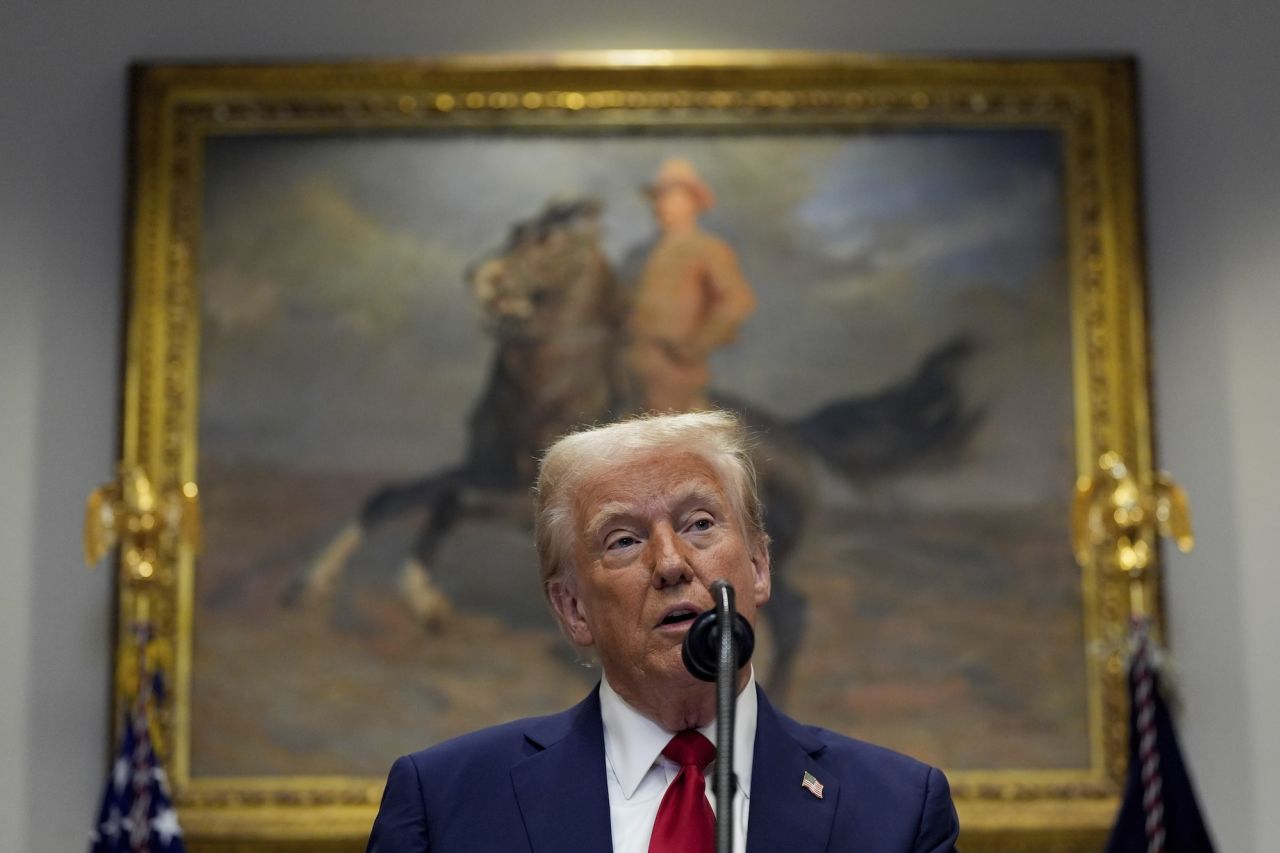On January 21, 2025, President Donald Trump embarked on his first full day back in the Oval Office, initiating a series of actions that underscore his administration's priorities. From policy announcements to controversial pardons, the day's events offer insight into the direction of the new term.opb.org+1thetimes.co.uk+1
AI Infrastructure Investment
In a meeting with Republican congressional leaders, President Trump announced a substantial investment in artificial intelligence (AI) infrastructure. The initiative, in collaboration with major corporations like Oracle, OpenAI, and SoftBank, aims to inject $500 billion into the U.S. economy. This investment is projected to create approximately 100,000 jobs by 2029, signaling a significant commitment to advancing technological innovation and maintaining global competitiveness. en.wikipedia.org+2cnn.com+2thetimes.co.uk+2theguardian.com+1thetimes.co.uk+1
Pardon of Ross Ulbricht
Fulfilling a campaign promise made during the Libertarian National Convention, President Trump granted a full and unconditional pardon to Ross Ulbricht, the founder of the darknet marketplace Silk Road. Ulbricht had been serving a life sentence for charges related to money laundering, hacking, and drug trafficking. The pardon has reignited debates over criminal justice reform and the ethical considerations of such marketplaces. en.wikipedia.org+3en.wikipedia.org+3en.wikipedia.org+3en.wikipedia.org
Immigration Enforcement Changes
The administration took immediate steps to alter immigration enforcement policies. The Department of Homeland Security, under acting Secretary Benjamine Huffman, rescinded previous guidelines that limited arrests in "sensitive areas" such as churches, hospitals, and schools. This policy shift empowers Immigration and Customs Enforcement (ICE) agents to conduct operations in locations previously deemed off-limits, raising concerns among immigrant advocacy groups about the potential impacts on vulnerable populations. theguardian.com+2en.wikipedia.org+2en.wikipedia.org+2theguardian.com+1en.wikipedia.org+1
National Prayer Service and Subsequent Controversy
Continuing inaugural traditions, President Trump and Vice President JD Vance attended an interfaith prayer service at the Washington National Cathedral. During the service, Episcopal Bishop Mariann Edgar Budde delivered a homily urging the administration to "have mercy" on marginalized communities, including immigrants and LGBTQ+ individuals. President Trump dismissed the bishop's plea, referring to her as a "so-called Bishop" and labeling her a "Radical Left hard line Trump hater." This exchange has highlighted ongoing tensions between the administration and religious leaders advocating for social justice. en.wikipedia.org+2nypost.com+2en.wikipedia.org+2en.wikipedia.org+1theguardian.com+1
Conclusion
President Trump's actions on January 21, 2025, reflect a clear agenda to implement his campaign promises swiftly. The administration's focus on technological advancement through AI investment contrasts with more contentious decisions, such as the pardon of Ross Ulbricht and changes to immigration enforcement. As these policies unfold, it is crucial for informed citizens to engage critically with the implications of these developments on the nation's social and political fabric.
